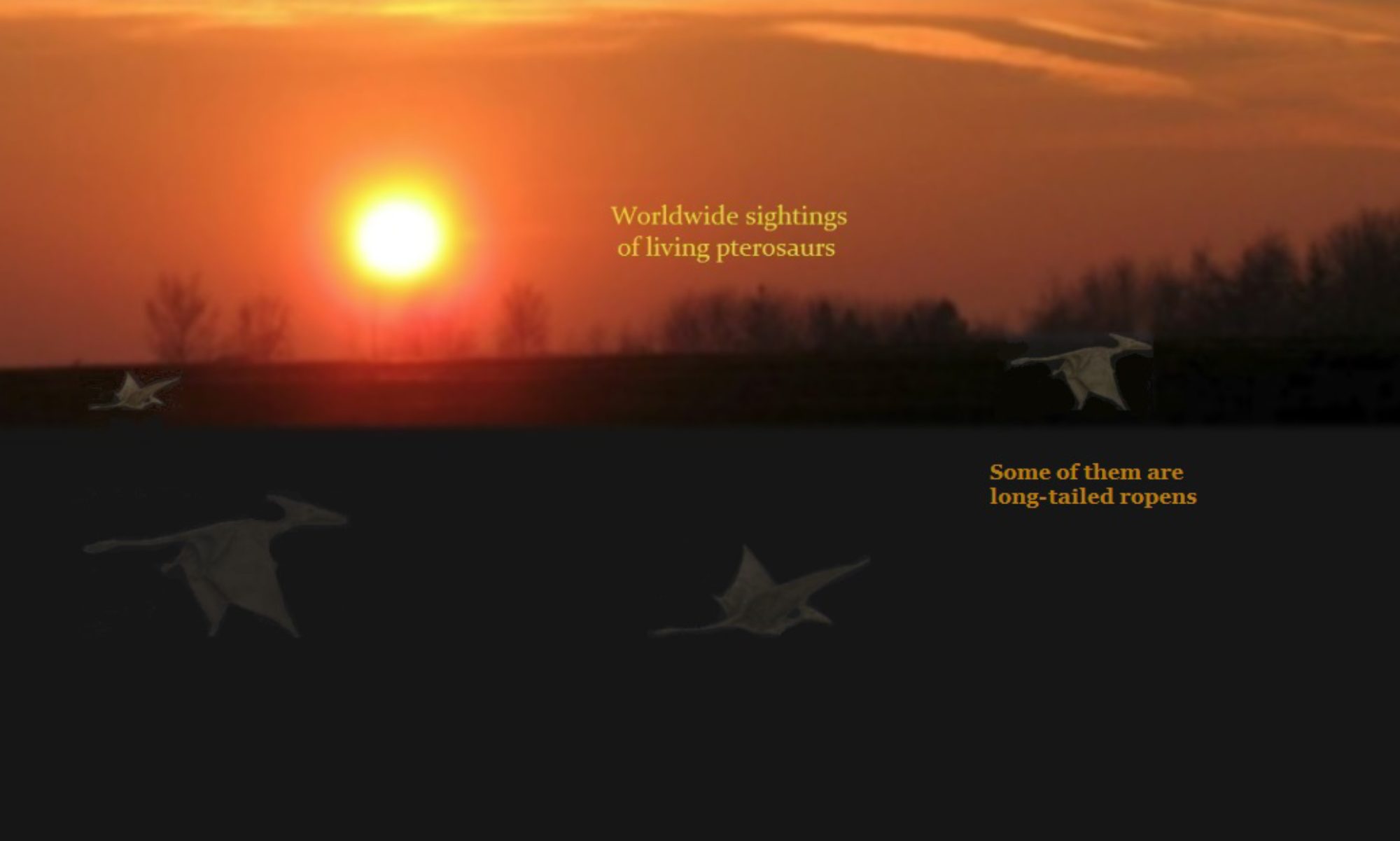I’ve touched on the subject of bulverism previously, but I feel it deserves more attention. Since other blog pages contain more about this I’ll focus on one of them.
Bulverism and Extant Pterosaurs
C. S. Lewis, in the mid-20th Century, noticed an unfortunate trend becoming popular: Avoid reasoning, on whatever subject, by talking about how your opponent is silly in a mistake. . . . Lewis gave this habit a name: “bulverism.”
Some critics of the idea of extant pterosaurs have stooped to the lowest form of bulverism. . . . the remark by a commentor that information about the Kor of Papua New Guinea ”comes from a creationist blog (though they hide it quite well) so we need to take everything on it with a truck load of salt. Creaionists [read Creationists] will fabricate all kinds of rubbish to back up their fairy tales.”
How many ropen expeditions have creationists (by whatever definition of that label) led in Papua New Guinea over the past 17 years! How often has a creationist trudged along a jungle trail, hoping to learn about (or even see) a living pterosaur! Yet when did one of us report observing the clear form of a living pterosaur in Papua New Guinea during those 17 years? Never. We had too little time, too little money, and too few resources to mount any major expedition. The point? If even just one of us had any desire to deceive, how easy it would have been to lie about observing a living pterosaur!
Accusing ones opponents of fabricating “all kinds of rubbish to back up their fairy tales” appears to me to be the worst form of bulverism, for it insinuates that a whole group of investigators lie. Perhaps an evidence against that accusation becomes obvious when the accuser has ample opportunity to give specifics and then gives . . . nothing.
Truly it is sad when blog commenters reject everything from persons they disagree with, then label those with whom they disagree “liar.” What a sad state of human affairs!


